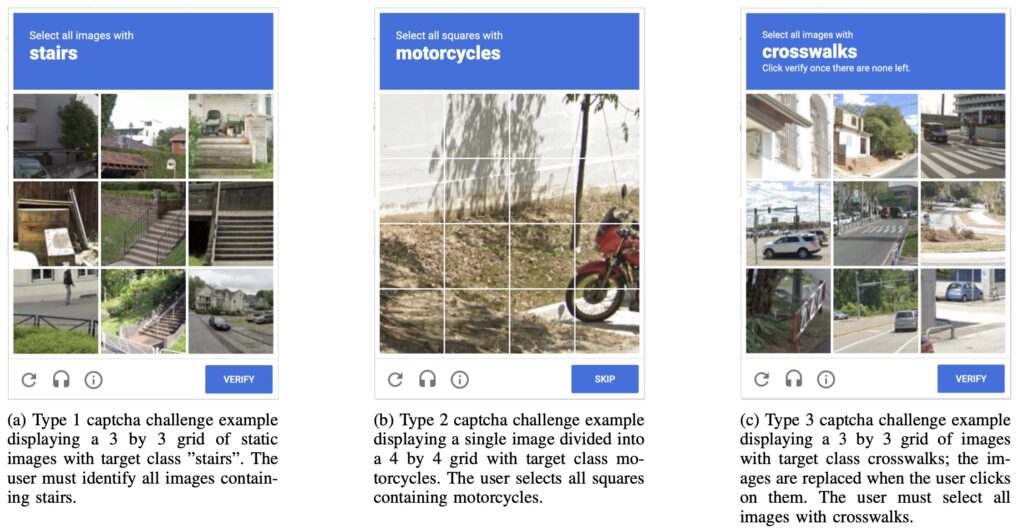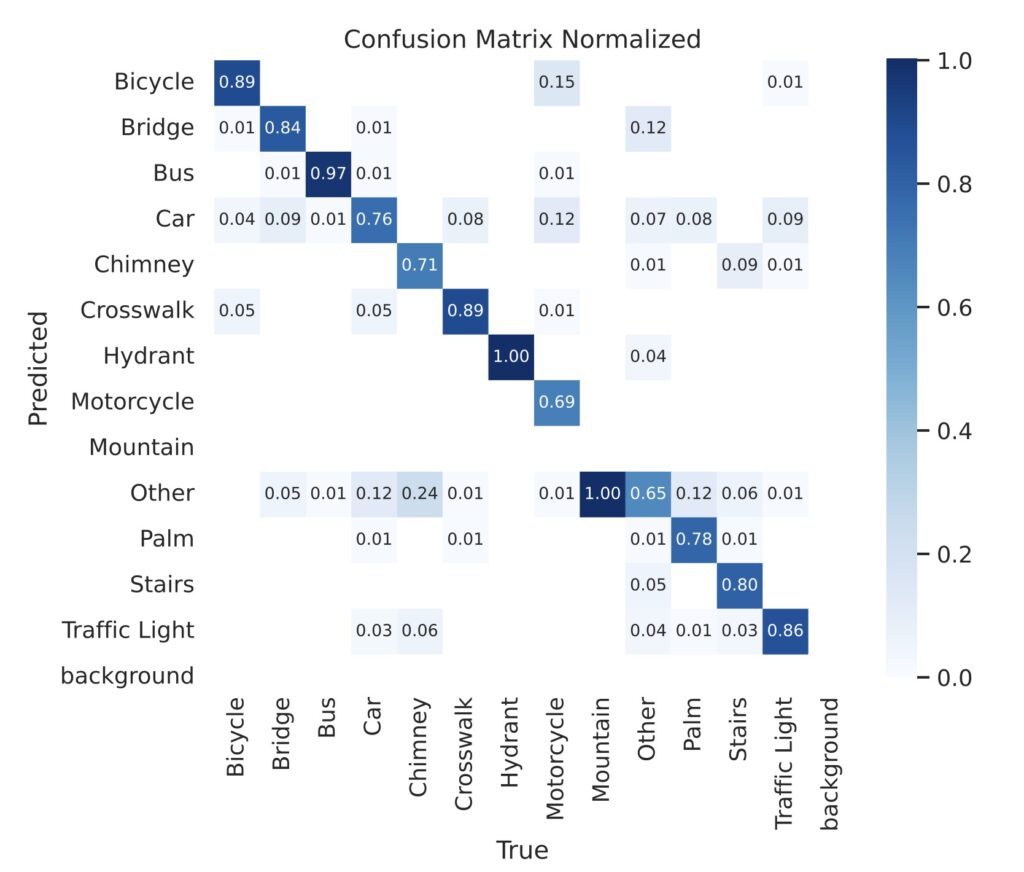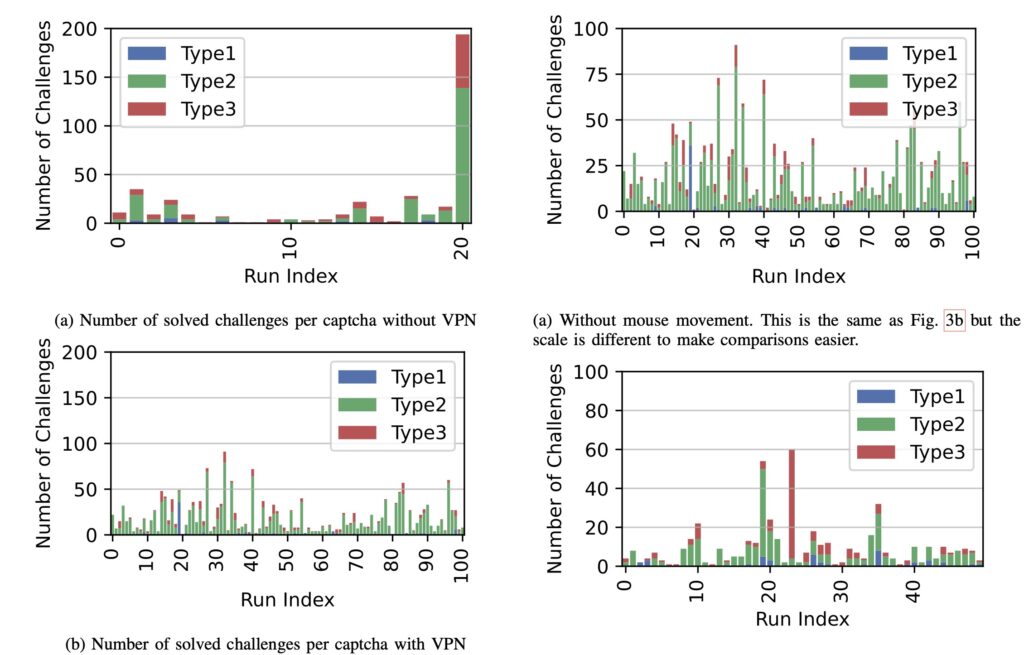Researchers Achieve Unprecedented Success in Bypassing reCAPTCHA, Raising Alarms Over Internet Safety
- Technological Breakthrough: The study showcases how advanced AI models, specifically the You Only Look Once (YOLO) object recognition model, can effectively defeat Google’s reCAPTCHA v2, a cornerstone of online security.
- Implications for Security: This finding raises serious concerns about the effectiveness of image-based CAPTCHAs in distinguishing humans from bots, potentially endangering internet safety.
- Call for Evolution: Researchers emphasize the urgent need for CAPTCHA technologies to evolve and adapt to counter the rapid advancements in AI, signaling the beginning of a new era in online verification.
As artificial intelligence continues to advance at an astonishing pace, a recent study has revealed a startling development: researchers have achieved a 100% success rate in bypassing Google’s reCAPTCHA v2, one of the most widely used security measures online. The research paper, aptly titled “Breaking reCAPTCHA v2,” highlights how state-of-the-art AI models like YOLO can outsmart traditional CAPTCHA tests designed to differentiate between human users and bots. This breakthrough raises critical questions about the effectiveness of existing online security measures in an era dominated by powerful AI capabilities.

The significance of this finding cannot be overstated. reCAPTCHA v2 relies heavily on image recognition to verify user identity by presenting challenges that require human-like perception and cognitive abilities. However, the study indicates that with proper training on labeled traffic images, current AI models can not only solve these challenges but do so with complete accuracy. This development undermines the reliability of image-based CAPTCHAs, a technology that has been a frontline defense against automated threats and malicious activities on the internet. As the researchers concluded, the efficacy of reCAPTCHA v2 as a barrier against bots is now in serious doubt.
While reCAPTCHA v2 has played a vital role in improving website security, the study reveals its limitations, particularly in light of advancements in AI. The researchers note that although reCAPTCHA v3 offers a more sophisticated approach by assessing user behavior rather than relying solely on image-based tests, many web hosts still default to reCAPTCHA v2 for its perceived reliability. The knowledge that this version can be easily bypassed could lead to a rapid decline in its effectiveness, prompting users to reconsider their reliance on it for security.

The study’s authors advocate for a proactive evolution of CAPTCHA technologies to stay ahead of AI advancements. They emphasize that simply relying on voluntary commitments from tech companies to enhance security is insufficient; there is an urgent need for new systems that can adapt to the ever-changing landscape of digital threats. As AI models become increasingly adept at solving CAPTCHAs, the necessity for innovative solutions becomes more apparent, not only for protecting sensitive information but also for ensuring the integrity of online interactions.
Moreover, the researchers highlight the broader implications of their findings. With the rise of sophisticated AI technologies, automated systems are not only improving in their capacity to bypass traditional security measures but also posing significant risks to data privacy and online security. The balance between usability and security is now more critical than ever, necessitating a concerted effort from tech developers and policymakers to create advanced verification methods that can withstand the challenges posed by evolving AI capabilities.

As we stand on the brink of a new era in online security, the implications of this research cannot be ignored. While CAPTCHA technologies have served as a crucial line of defense, their vulnerability to advanced AI demands a rethinking of how we verify human interactions online. The path forward must involve collaboration among researchers, industry leaders, and policymakers to develop robust systems that protect internet users in an age where AI is increasingly pervasive. The era of reCAPTCHA as we know it may be nearing its end, but with it comes the opportunity to innovate and create a safer online environment for all.
